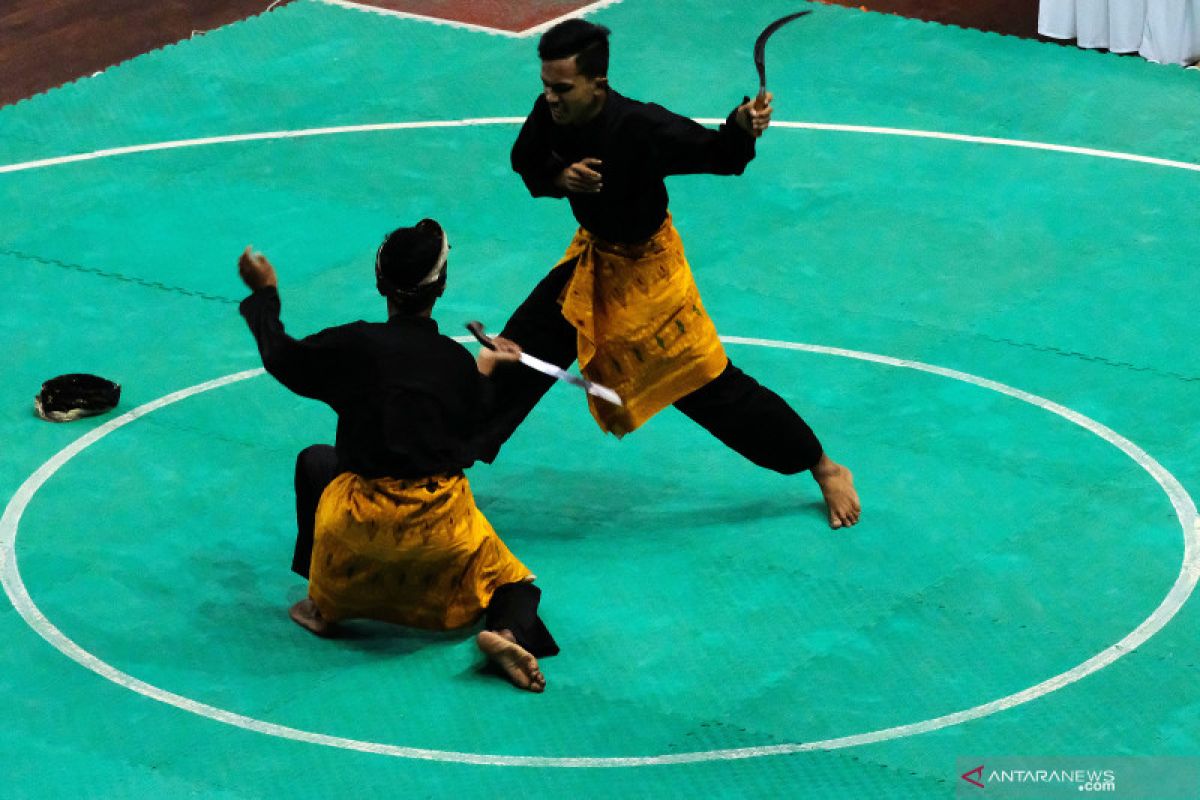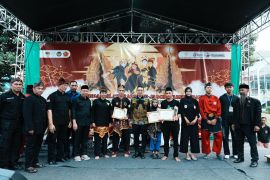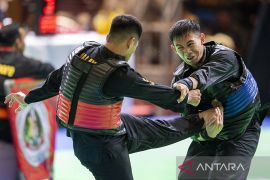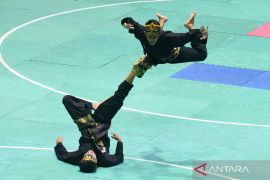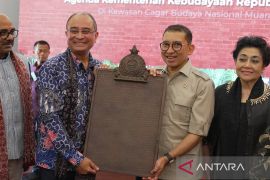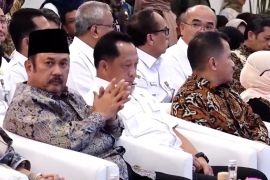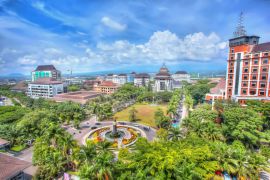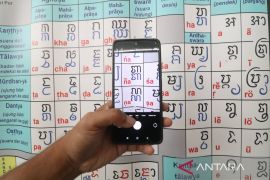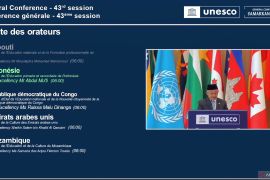The Intergovernmental Committee of the Intangible Cultural Heritage reached a decision on the inscriptions of the 15 elements during its 14th session held in Bogota, Colombia, on Thursday (Dec 12, 2019).
Pencak Silat being inscribed on UNESCO's Intangible Cultural Heritage List mirrored the world's recognition of the significance of the traditional art created by Indonesia's ancestors and inherited across generations until today, the Indonesian Foreign Affairs Ministry noted in a statement here on Friday.
"Indonesia has a strong commitment to preserve Pencak Silat, among other things, through spreading Pencak Silat education that not only focuses on the aspects of sport and self-defense but also on art and culture," Kama Pradipta, the ministry's Director on Socio-culture and Developing Country International Organizations, explained.
In addition to Pencak Silat, other Indonesian elements inscribed on the Intangible Cultural Heritage List until now are Wayang, Batik, Batik Training Course, Angklung, Saman Dance, Noken, Three Genres of Balinese Dances, and Pinisi Ship.
Pencak Silat practitioners are taught to maintain their relationship with God, human beings, and nature and are trained in various techniques to defend themselves and others.
In addition to the sporting element, traditions of Pencak Silat also encompass mental-spiritual, self-defence, and artistic aspects.
The moves and styles of Pencak Silat are emblematic of a strong artistic concern and necessitate physical harmony with the accompanying music.
The term “pencak” is better known in Java, while the term “silat” is better known in West Sumatra and describes a group of martial arts with several similarities.
The Intergovernmental Committee for the Safeguarding of the Intangible Cultural Heritage met in Bogota on December 9-14, 2019.
The 14 other elements inscribed on the list are the Arba'in visitation (irq), Irish harping (Ireland), Celestinian celebration (Italy), Ak-kalpak craftsmanship (Kyrgyztan), Kwagh-Hir theatrical performance (Nigeria), Setesdal traditional music and dance (Norway), “Hatajo de Negrito” and "Hatajo de Pallitas” (Peru), Winter festivities and carnival ad Podence (Portugal) , 'le Samoa fine mat (Samoa), Holy Week processions in Mendrisio (Switzerland), Drotarstvo wire craft and art (Slovakia), the Damascene rose in Al-Mrah (Syria), and Nuad Thai traditional massage (Thailand).
Related news: Minister promotes martial arts in face of Olympic Games
Related news: After ASIAD, pencak silat expected inclusion into UNESCO ICH List
Related news: Thousands of fighters to participate in pencak silat festival
Translator: Fardah Assegaf
Editor: Sri Haryati
Copyright © ANTARA 2019
